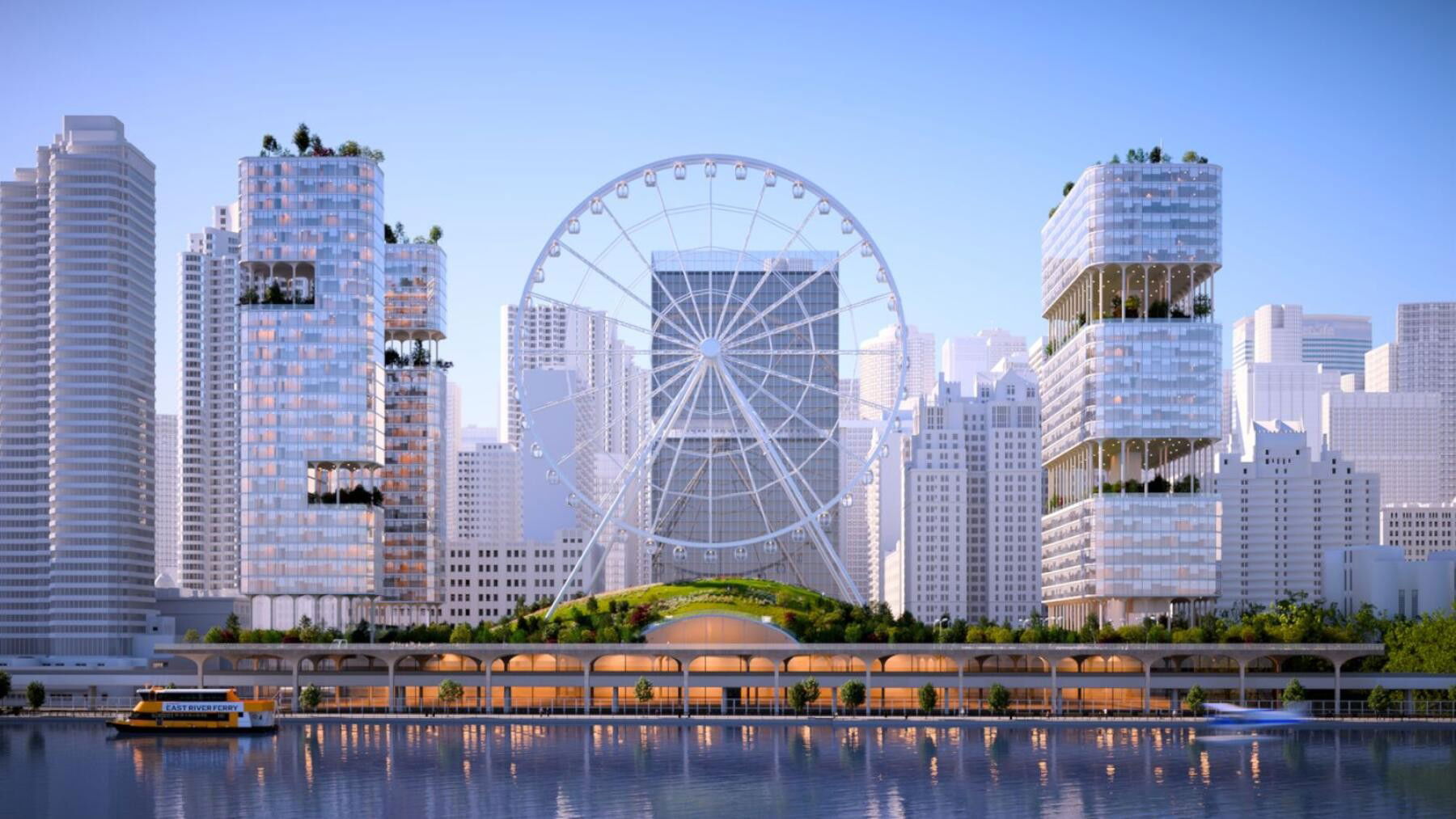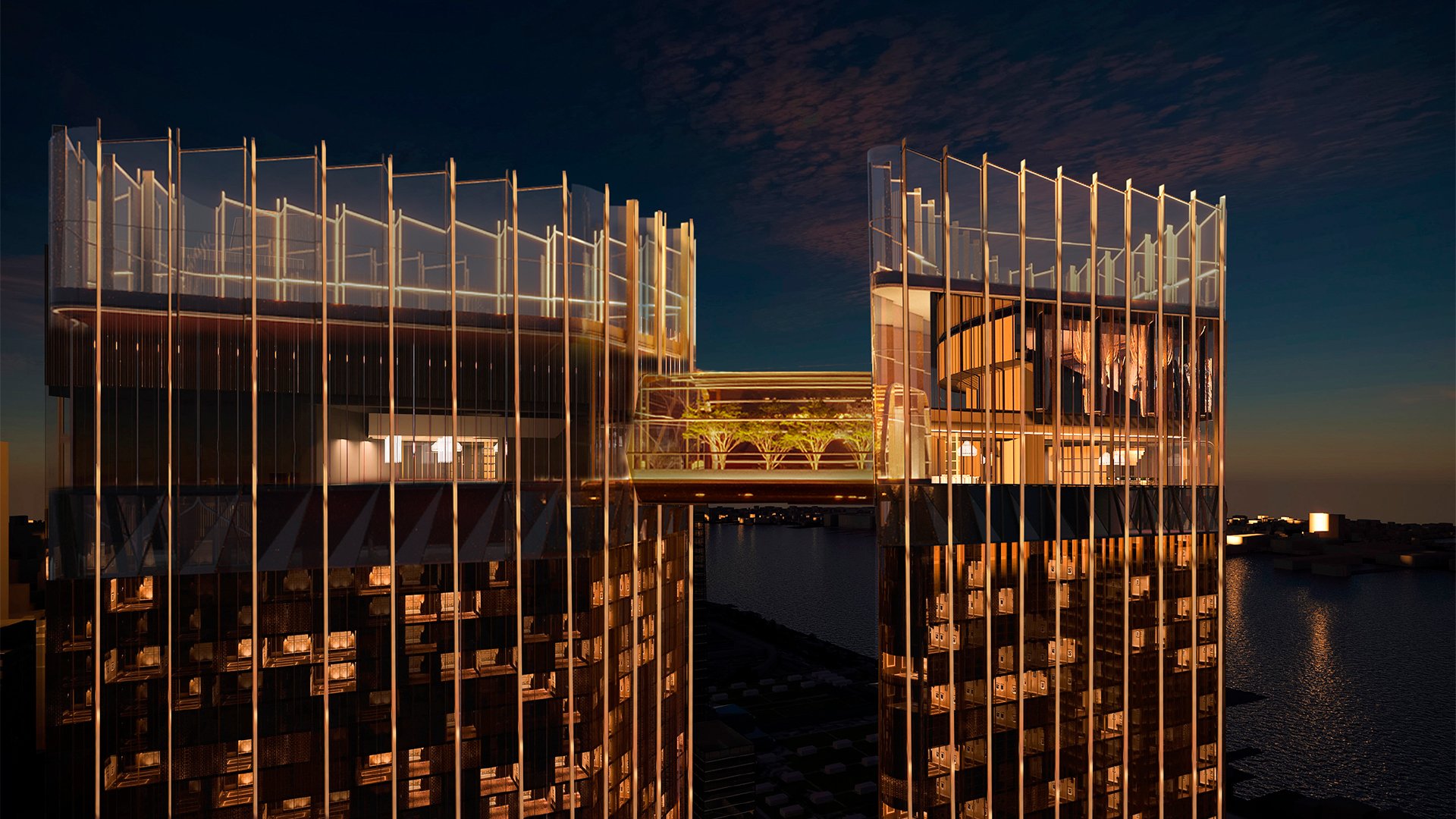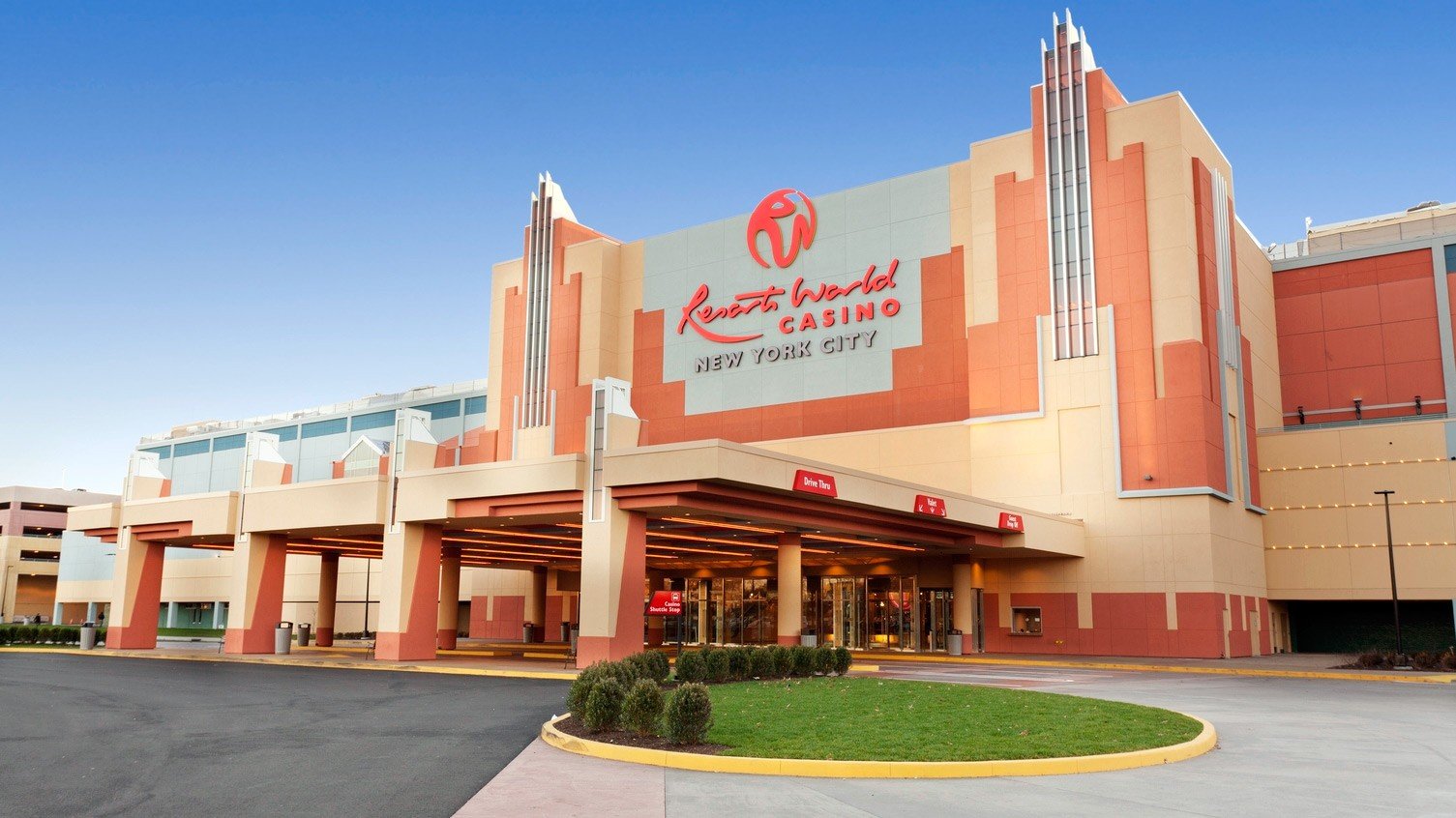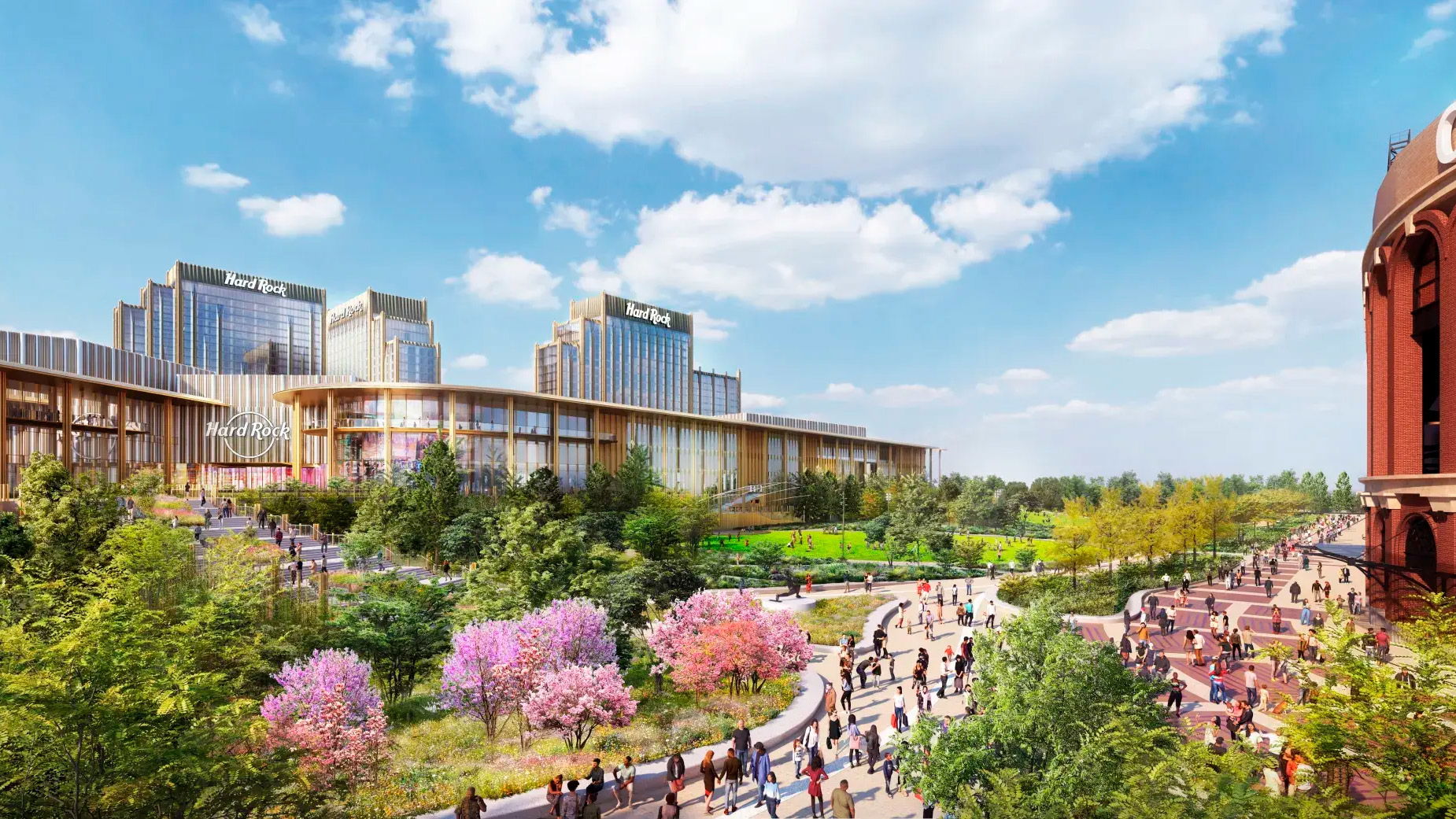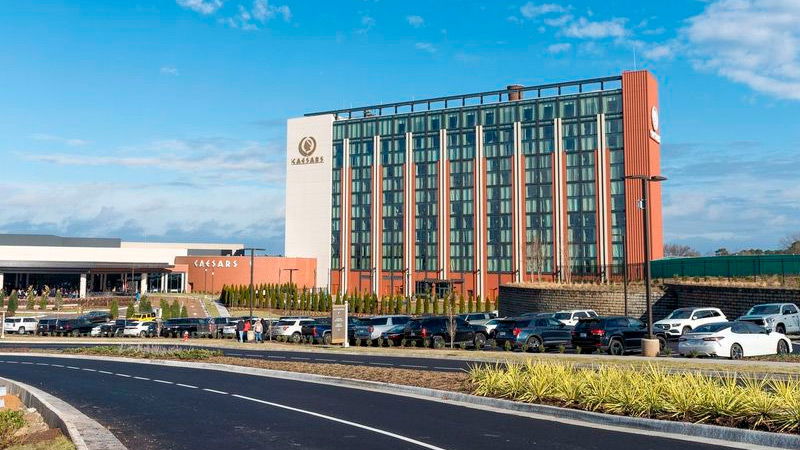Eight casino bidders race to meet deadline in high-stakes New York license contest
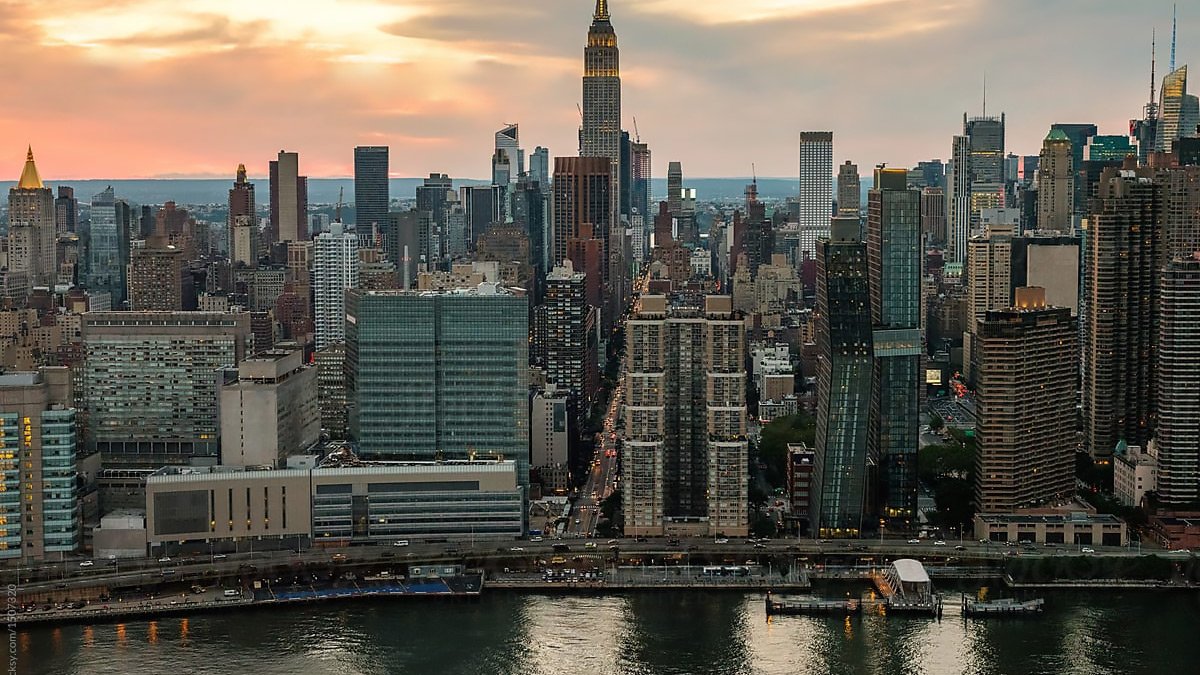
The contest to win one of three coveted casino licenses in downstate New York entered its final phase Friday, with eight contenders submitting proposals to the state’s gaming commission ahead of a hard June 27 deadline. At stake is a share in what could become a $4.4 billion annual gambling market in the country’s most populous city.
The race to secure approval from the New York State Gaming Commission has drawn a who’s who of casino operators, real estate developers, and high-profile investors, from MGM Resorts International and Genting to Mets owner Steve Cohen and real estate giant Silverstein Properties.
Their bids propose a transformation of urban spaces, converting racetracks, office towers, parking lots, and golf courses into new entertainment districts anchored by casinos. Friday’s application deadline caps a decade-long journey that began with a 2013 constitutional amendment permitting commercial casinos in New York.
Lawmakers intentionally delayed issuing downstate licenses for 10 years to allow upstate properties time to establish a foothold. Now, with that moratorium lifted and the political stars aligned, bidders are aggressively lobbying to secure one of the most lucrative gaming opportunities in the U.S.
The final eight proposals, down from an original field of 11, span five boroughs and surrounding areas. Among them are three projects in Manhattan, two in Queens, and one each in Brooklyn, the Bronx, and Yonkers.
Render of Freedom Plaza
In Midtown Manhattan, the $11.1 billion Freedom Plaza proposal by the Soloviev Group and Mohegan offers a hybrid, which is an underground casino below a five-acre public park, combined with 1,250 hotel rooms and more than 1,000 units of housing.
The plan includes a community reinvestment fund and a promise to contribute 2% of annual gaming profits to workforce and housing initiatives.
Render of Avenir
Silverstein Properties’ $7 billion Avenir proposal, located near the Javits Center, features a 1,000-room Hyatt, entertainment spaces, and a food hall, all housed in a 785-foot tower. The developer has pledged to convert nearby vacant office buildings into 2,000 apartments to address housing concerns.
Caesars Palace, Times Square
Meanwhile, Caesars Entertainment and SL Green are teaming up with Roc Nation and Live Nation for a Times Square bid that would convert an aging office building into a casino, 992-room hotel, and Nobu-branded boutique space.
While the proposal has backing from more than 200 neighborhood stakeholders, critics, including state lawmakers, warn of increased congestion in the already-packed theater district.
Genting Group’s Resorts World in Queens
Outside Manhattan, the largest proposals appear to be building on existing infrastructure. Genting Group’s Resorts World in Queens is seeking to expand its current racino at Aqueduct into a $5 billion mega-complex with 2,000 hotel rooms, a 350,000-square-foot casino floor, a 7,000-seat arena, and 30 restaurants. The site already hosts one of the most profitable slot parlors in the world, and Genting says it could introduce table games within months of licensing.
Just two miles away, Steve Cohen and Hard Rock are backing the $8 billion Metropolitan Park near Citi Field. Their bid includes a Hard Rock hotel, music venue, food hall, and public athletic fields, along with plans to convert a 50-acre parking lot into an entertainment hub. The proposal has drawn political support, though questions around the use of parkland remain.
Metropolitan Park near Citi Field
MGM’s Empire City Casino in Yonkers would see a $2.3 billion expansion to include table games, three new restaurants, a 5,000-seat concert hall, and a high-limit gambling area. It has won support from local officials, including Mayor Mike Spano, and could be completed by mid-2029 if approved.
Empire City Casino in Yonkers
In the Bronx, Bally’s is pursuing a $4 billion redevelopment of the former Trump Links golf course into a casino-hotel complex with a spa, 2,000-seat event venue, and retail space. Although a local community board voted against the plan earlier this year, Bally’s secured key legislative support this month, allowing it to use adjacent public parkland.
Former Trump Links golf course
Brooklyn’s entry comes in the form of The Coney, a $3.4 billion proposal by Thor Equities Group and the Chickasaw Nation. The bid seeks to convert the storied amusement district into a year-round destination with a casino, 500-room hotel, and dedicated space for local businesses.
The Coney
All eight applications will now move to the next phase, which is evaluation by newly formed Community Advisory Committees (CACs), which must review and vote on the proposals by September 30. Licensing decisions are expected by December 1, with the New York State Gaming Commission aiming to issue final approvals by December 31. However, delays into early 2026 remain a possibility.
Opposition has been particularly fierce in Manhattan, where some state senators have openly declared their anti-casino stance. The financial stakes are massive. According to the state’s rules, winning bidders must each pay a $500 million licensing fee.
Tax rates on revenue will be proposed by the bidders themselves in a kind of strategic game theory, setting rates high enough to appeal to the state, but low enough to ensure long-term profitability. Spectrum Gaming Group has estimated that the three selected casinos could collectively generate $4.4 billion in gross gaming revenue annually.


